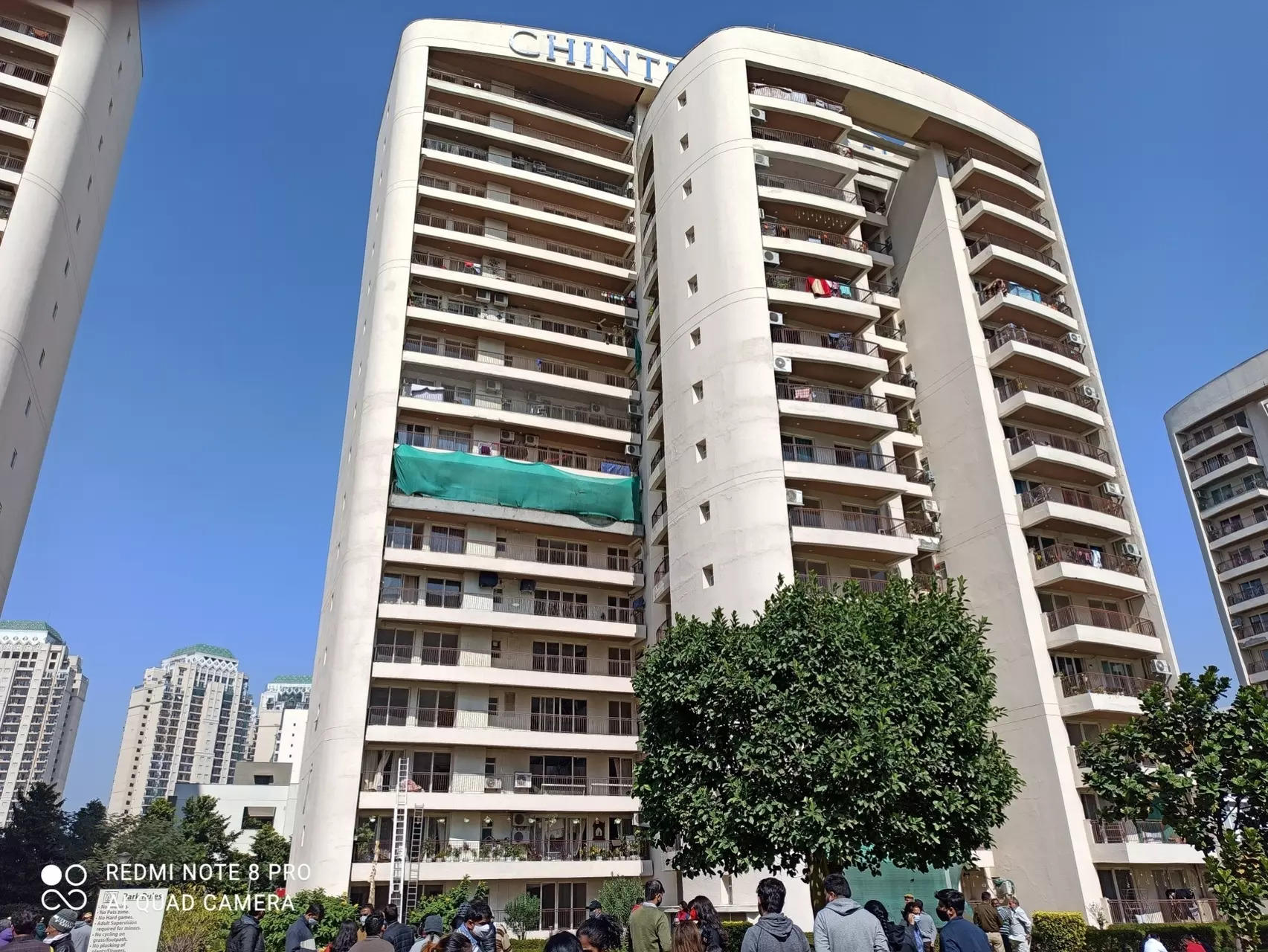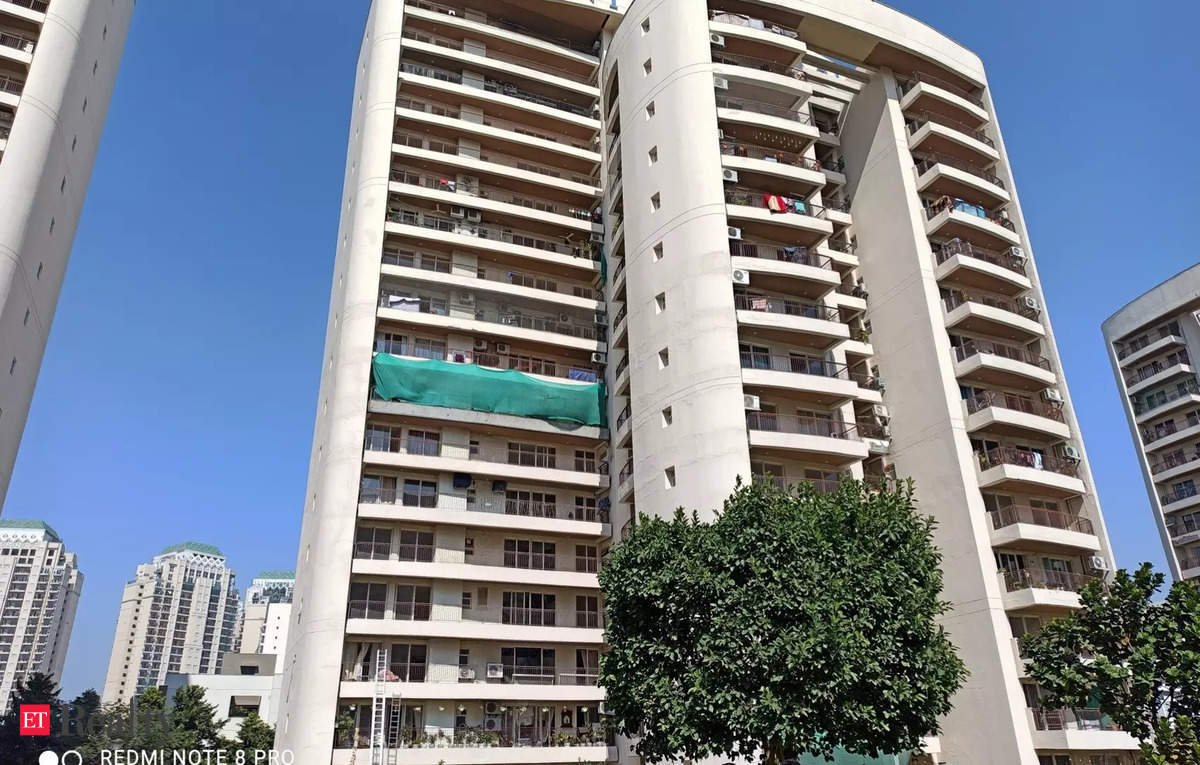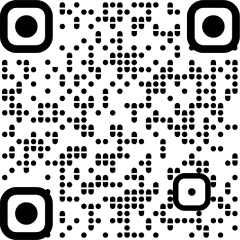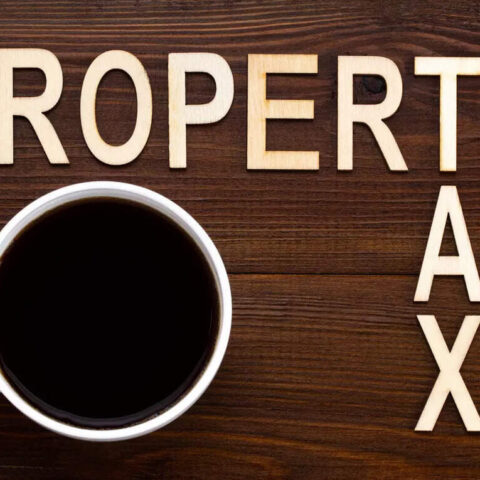
GURUGRAM: Another tower of the Chintels Paradiso Society in Gurugram’s Sector 109 has been declared unsafe by the committee of the district administration, an official said on Friday. On Friday, Tower J became the sixth of eight towers of the housing unit to have been declared unsafe for habitation, according to a report submitted by a team of IIT Delhi.
Six floors of Tower D of Chintels Paradiso society had collapsed partially on February 10, 2022 leading to the death of two female residents. Since then, the building site has been a matter of dispute between the builder and residents.
In November last year, four balconies of the same unsafe tower collapsed. Three more collapsed on December 17.
Assistant Deputy Commissioner Hitesh Kumar Meena said that the report has been made public and notice of evacuation served.
The structural audit report of Tower J was submitted to the district administration by IIT Delhi three days ago, Meena said.
Rakesh Hooda, the society’s Residents’ Welfare Association, said that the district administration declared Tower J unsafe without considering IIT-Delhi recommendations.
According to him, IIT-Delhi recommended repair first.
The IIT report says there is a high risk of corrosion of reinforcement in a large part of the structure due to the presence of chlorides. The reduced alkalinity in the concrete due to carbonation is likely to aid the corrosion.
According to it, a “poor quality” of concrete has also played a role in the rapid deterioration.
Due to there being many factors in play, it is difficult to predict when this corrosion is likely to manifest into widespread distress that is visible on the surface, the report said.
“Tower J visually appears to be in a better condition than towers D, E, F, G and H, but in a worse condition than towers A, B and C. The test results also confirm that the risk of corrosion of reinforcement in Tower J is higher than in towers A, B and C. In the case of chloride-induced corrosion of reinforcement, appearances can be deceptive.
“The corrosion of reinforcement can rapidly accelerate without any prior warning, leading to a loss in structural capacity. Since chlorides lead to pitting corrosion, a large loss of the reinforcement may take place without any visual signs on the surface, rendering the structure inadequate,” the report read.
“Given the moderate to high chloride content in the concrete in a large part of the structure, a repair of the structures must be carried out and the structure must be closely monitored for any signs of further deterioration,” it said.
The district administration’s committee in its order said that in view of the IIT Delhi report and apparent condition of the building, it would not be prudent to keep Tower J in “Under Observation” category.
“The Committee is of the view that the structure of Tower J is not safe for habitation. The repair and rehabilitation of this Tower is also not feasible due to high chloride content in the concrete throughout the structure, which has already acted in a detrimental manner.
“Therefore, the committee is of the view that Tower J should be permanently closed. The residents who are still living in these towers should be asked to vacate immediately,” read the order of the committee.











